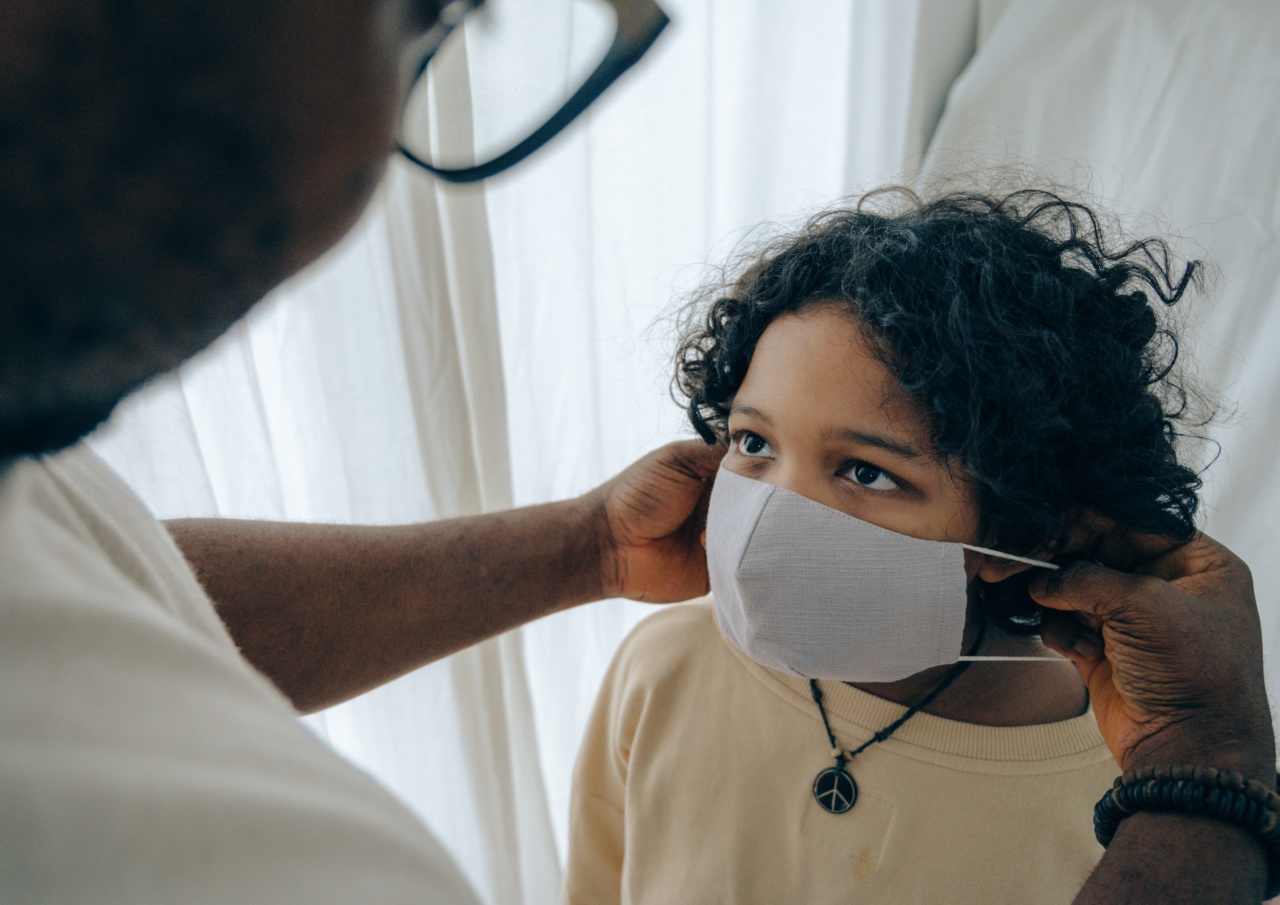Salmonella is a type of bacteria commonly found in contaminated food and water. Salmonella infection, also known as salmonellosis, typically causes diarrhea, fever, abdominal cramps, and vomiting.
In most cases, the infection clears up on its own without medical treatment. However, there are certain situations in which medical help should be sought.
1. Persistent Symptoms
If your symptoms persist for more than a few days, it is important to seek medical attention. Diarrhea that lasts for more than three days, for example, can lead to dehydration and other complications.
In addition, fever that persists for more than a few days could be a sign of a more serious infection.
2. High Risk Groups
Individuals who are considered high-risk for complications from salmonella infection should seek medical attention immediately. High-risk groups include young children, pregnant women, elderly individuals, and people with weakened immune systems.
For these populations, salmonella infection can lead to severe complications such as sepsis and meningitis.
3. Bloody Stools
If you notice blood in your stools, it is important to seek medical help immediately. This could be a sign of a more serious infection or complication, such as severe dehydration or inflammation of the colon.
4. Dehydration
Dehydration is a common complication of salmonella infection and can be life-threatening if left untreated. Symptoms of dehydration include dry mouth, sunken eyes, and little to no urination.
If you are experiencing these symptoms, seek medical help immediately.
5. Travel History
If you have recently traveled to an area known for salmonella outbreaks, it is important to seek medical help if you experience any symptoms of infection. A doctor may want to test you for the presence of salmonella and provide treatment if necessary.
6. Severe Symptoms
In rare cases, salmonella infection can lead to severe complications such as sepsis or meningitis. If you experience symptoms such as confusion, seizures, or difficulty breathing, seek medical help immediately.
7. Inability to Keep Food Down
If you are unable to keep any food or liquids down due to severe vomiting, seek medical attention immediately. This could be a sign of severe dehydration, which can be life-threatening.
8. Exposure to Contaminated Food or Water
If you believe you have been exposed to contaminated food or water, it is important to seek medical attention if you experience any symptoms of infection.
A doctor may want to perform tests to determine if you are infected with salmonella and provide treatment if necessary.
9. Antibiotic Resistance
In some cases, salmonella infections may be resistant to antibiotics. If you have been diagnosed with salmonella and your symptoms are not improving with treatment, seek medical help immediately.
This could be a sign of antibiotic-resistant salmonella, which requires specialized treatment.
10. Signs of Infection in Infants
If your infant is showing signs of infection such as fever, diarrhea, and vomiting, seek medical attention immediately. Infants are at a higher risk for complications from salmonella infection, and prompt medical treatment is necessary.
While most salmonella infections will clear up on their own, it is important to seek medical attention if you are experiencing persistent symptoms, are considered high-risk, have bloody stools, are dehydrated, have a travel history to an affected area, experience severe symptoms, are unable to keep food down, have been exposed to contaminated food or water, have antibiotic-resistant salmonella, or if your infant is showing signs of infection.





























